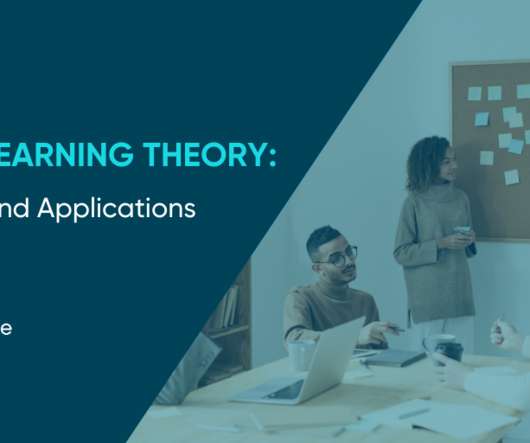Best Practices to Ensure Successful Custom e-Learning Development
Infopro Learning
MAY 19, 2022
Include real-life scenarios and cognitive theories so that the learners can associate themselves with the facts and situations. Accommodate learners with self-paced e-learning. Self-paced learning approach allows the learners to find the learning paths that best fit their learning objectives.
















































Let's personalize your content